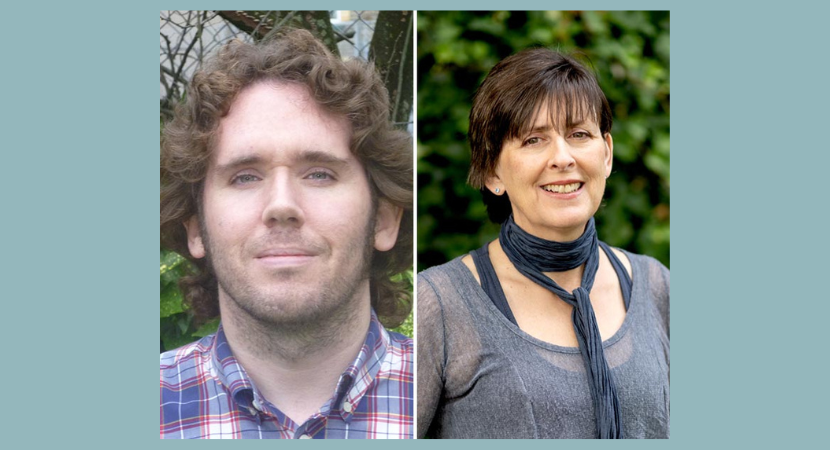
Other Writers’ Voices: Poetry and Voice
‘The truth is, a writer’s voice is made from other writers’ voices’ – Tony Hoagland.
When we think about poets we love, we often think of strong and distinctive voices: a telling turn of phrase or a linguistic energy which allows the poet to express something in a way no one else quite can. But how is it possible to develop the sort of striking voice that generates poems which sing beautifully? And what sort of experiments can be made with voice to add variety across a sequence or collection?
During the course, we will look at a range of exciting poetic voices, thinking about the way in which formal choices can interact with voice, and also considering how the energy of colloquial language can enrich a poem. We’ll look at poetry on a range of subjects, from the family to the animal kingdom, the world of work to the life of the city.
We will also consider various ways of escaping from voice, thinking about monologues, and the way in which taking on the point of view of someone or something else – perhaps even assuming the voice of an animal or place – can take a poem in a completely new direction. Of course, voice doesn’t have to be singular, and we’ll also look at multi-voiced poems: conversations and playscripts, poems where those who are talked to talk back.
Whether you’re keen to develop your voice, to make it sing more loudly, or to add variety and a range of new strategies to a voice that’s already fluent, this course will provide all the tools for a new group of poems with bold, vibrant, varied voices.